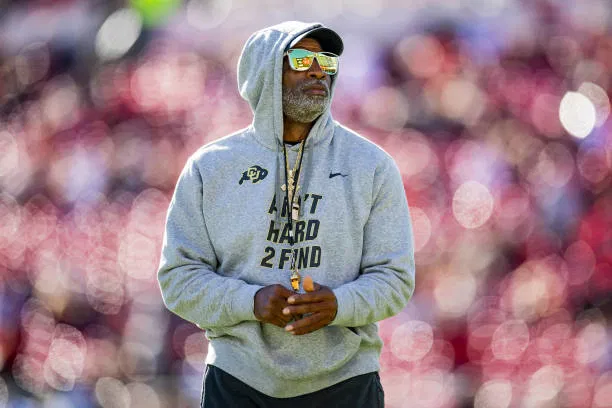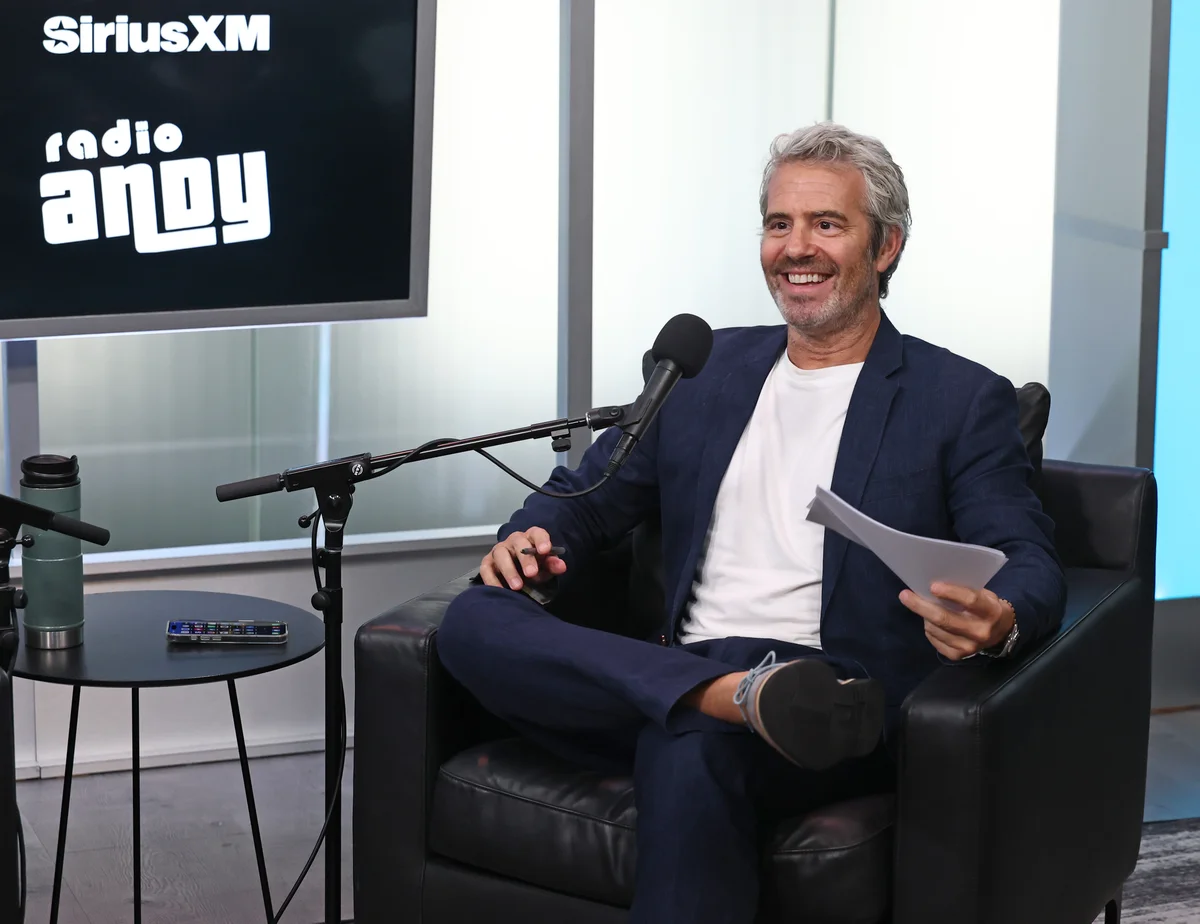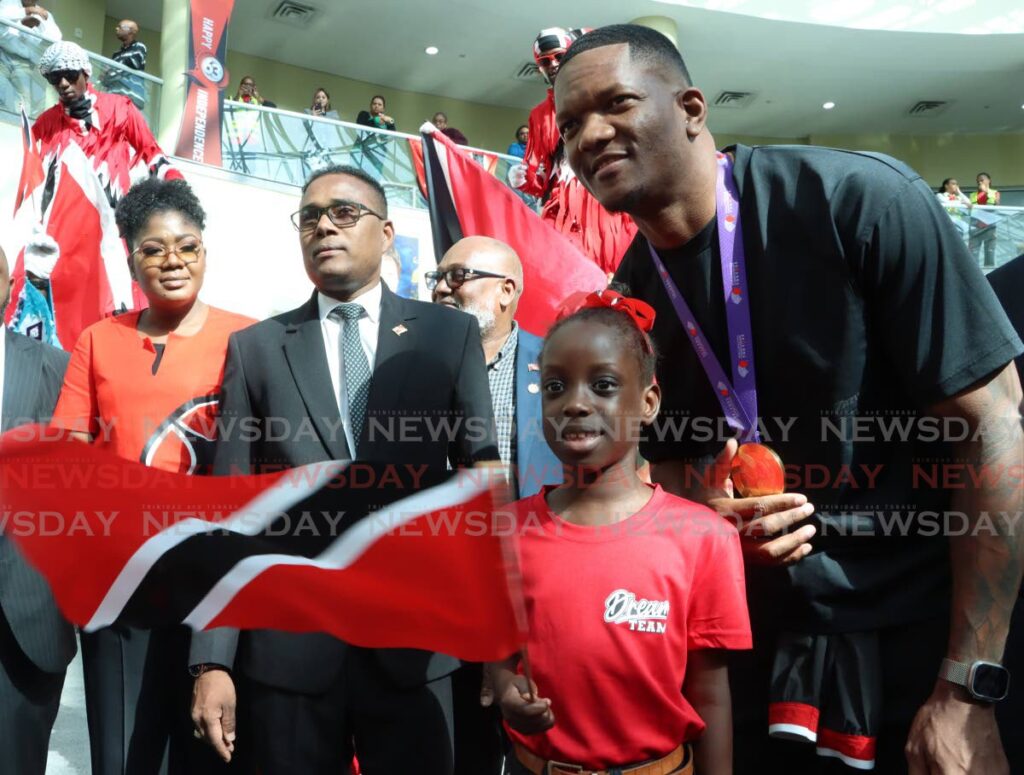Colorado Chancellor Apologizes for Hurting Religious Sentiments After Deion Sanders Brought Pastor to Practice

Colorado’s game against BYU was already shaping up to be a night that had stung Colorado badly. No one hoped that Deion Sanders would be starting this season with a 2-3 record after having a standout 9-4 season. But the conversation turned quickly from losses and missed assignments to the absence of basic human decency, which was felt in the stands. The game had its momentum swings with highs and lows, but nothing breached the low that was set by the crowd that night.
When the game was not going their way, the crowd repeatedly used expletives and faith-targeted taunts that shifted the attention from the field to the stands. By all accounts, this was done by some particular portions in the stands that used profanity targeting religious identity. It turned a healthy and competitive field into a hostile one. Stadium noise should rattle the snaps, not communities. Instead, discriminatory language turned an event that was supposed to be a shared joy into a wedge. And ultimately, the higher-ups of Colorado had to take the responsibility.
Colorado University’s Chancellor Justin Schwartz and Athletic Director Rick George released a statement this week addressing the slip-up. The statement opened with, “The University of Colorado Boulder strongly condemns the use of expletives and religious slurs by individuals in the stands during the recent football game against BYU. Such behavior is deeply disappointing and does not reflect the values of respect, inclusion, and integrity we expect of our campus community.”
The statement located the harm in the community values and discouraged it while quickly validating those whose sentiments were harmed. But still, this should not have happened. Nothing justifies the lapse in security that prevented guards from identifying the culprits of the chants and kicking them out of the stadium.
d
The statement further read, “Attending sporting events at CU Boulder is a privilege, and with that comes the responsibility to uphold our Fan Code of Conduct. The university and CU Athletics have a strict policy when it comes to abusive behavior, and those found to have engaged in conduct that is not consistent with our values are held accountable.” These messages are good, but now what remains to be seen is how visibly they are enforced. Education accompanies discipline, and the actions of that Colorado crowd were a serious breach of discipline.
Ultimately, the standard has to be as loud as the stadium. The Fan Code of Conduct should not be just a document or a pre-game mention. It should be actively enforced and backed by security. And the culture should be one that is self-policing. Considering how devout a man Deion Sanders is, this is the opposite of what he preaches throughout the campus. The visitors should leave the stadium talking about the game with a hint of joy or grief, not victimization. That’s how a community protects both its guests and its identity.
Read Top Stories First From EssentiallySports
Click here and check box next to EssentiallySports
Unity in the locker room, respect in the stands
With a 2-2 start and a disappointing loss to Houston a couple of weeks back, Deion Sanders had to lean on a familiar route, hoping that what helped him would help his players, too. He got Pastor Cartwright to start off the training with a speech in the locker room. And the pastor started the speech with a powerful message. He said, “We’re going to talk about something tonight, and it’s really important to me. The word that kept ringing in my mind…is one word. It won’t sound like anything big to you, but by the time this thing is over, you’ll understand what I mean. It’s together. Everybody say together.” The players answered, “Together.”
When you read that, you picture a program that is rooted in tradition, culture, and religion. But when you see the same program facing an opponent known for their religious tradition, the view looks the polar opposite of what it looked like in the locker room. Now, we know we can’t equate a team’s ideals to its fans, but aren’t fans called the 12th man? Aren’t fans the extension of a team?
The answer is they are, and they must be judged with the same moral compass and accountability that a team is judged by. And in that case, Colorado and Deion Sanders must take some concrete steps to hold the fans to the same lens of respect towards a religion that he holds his team to.



